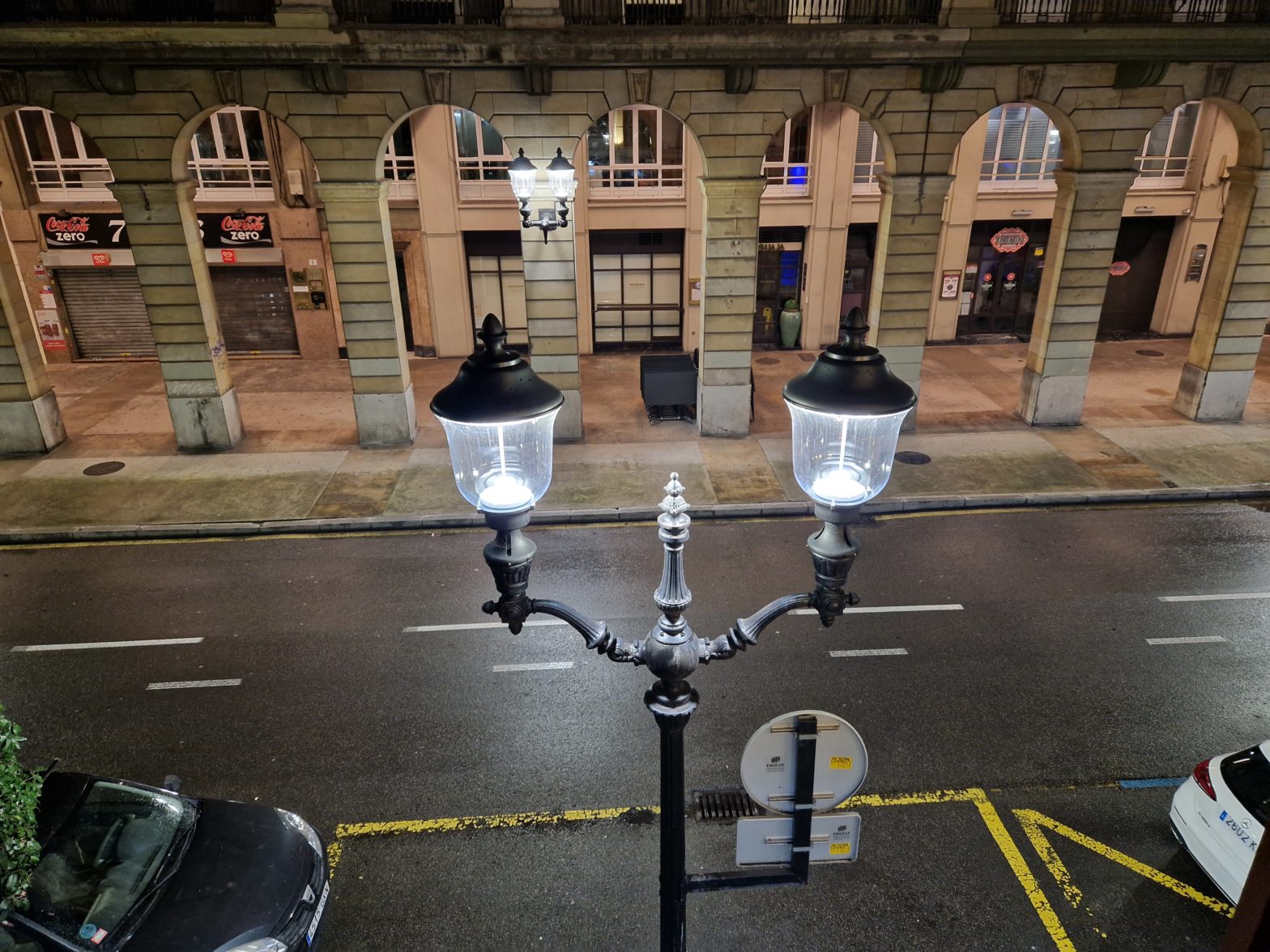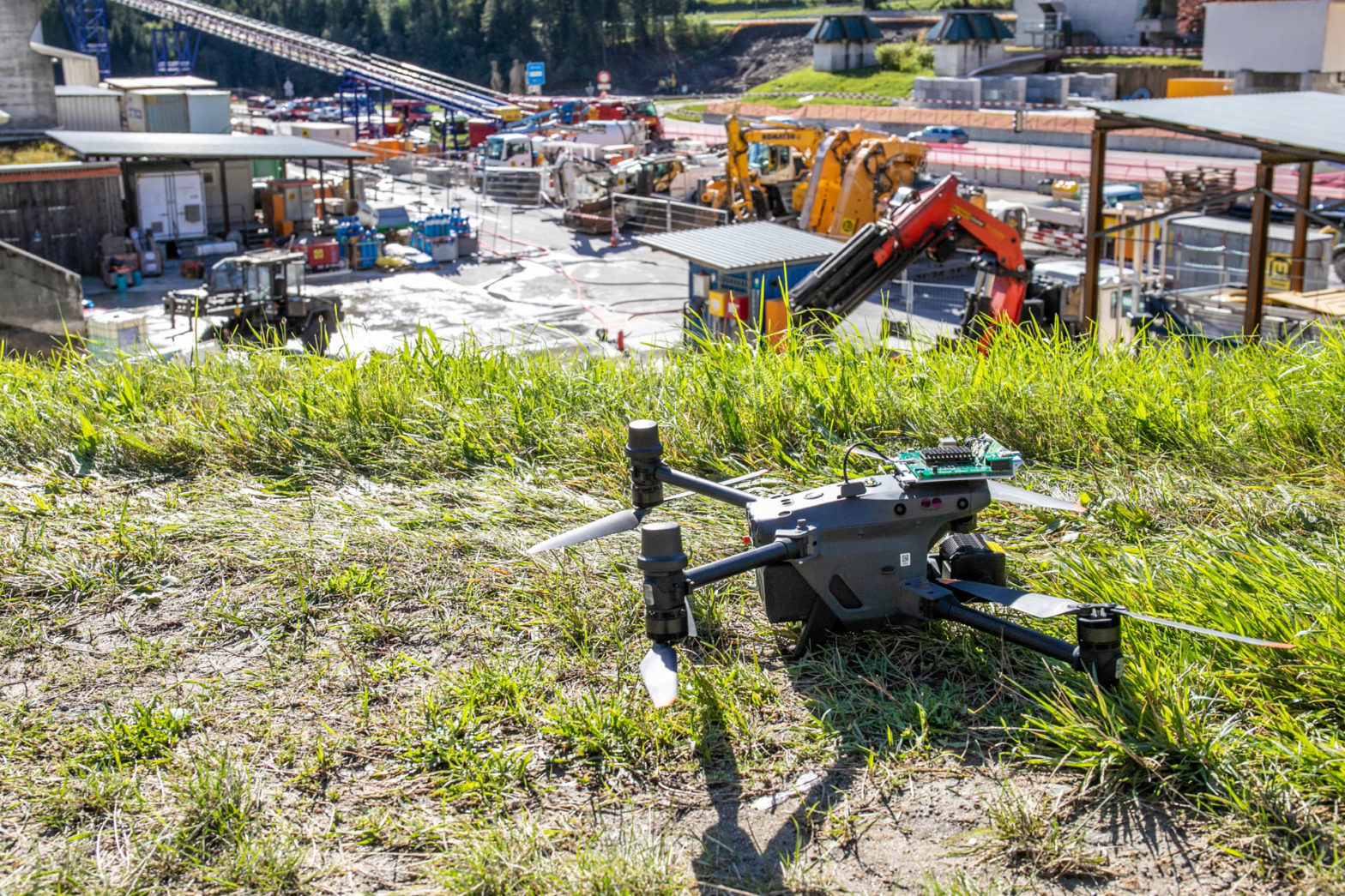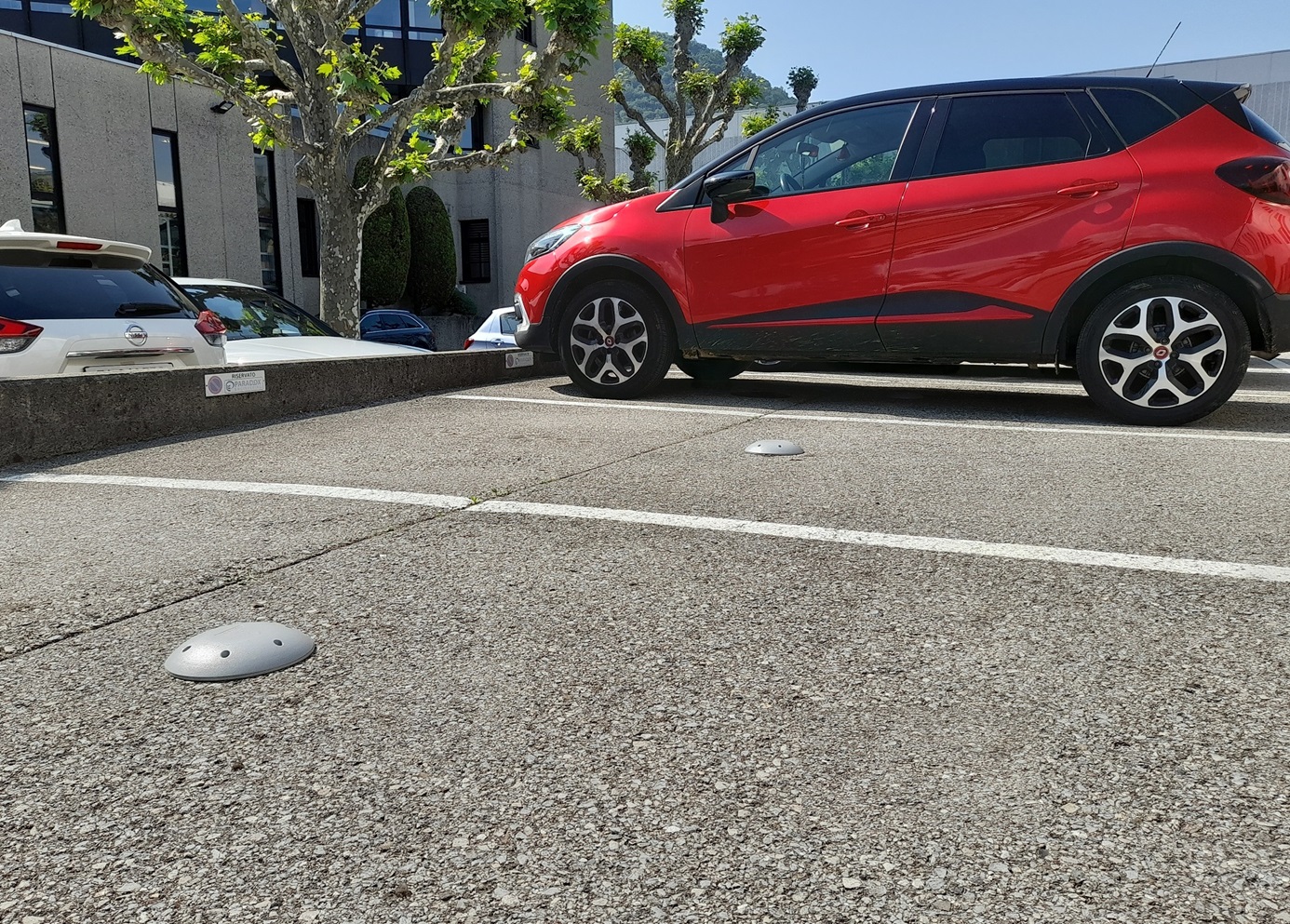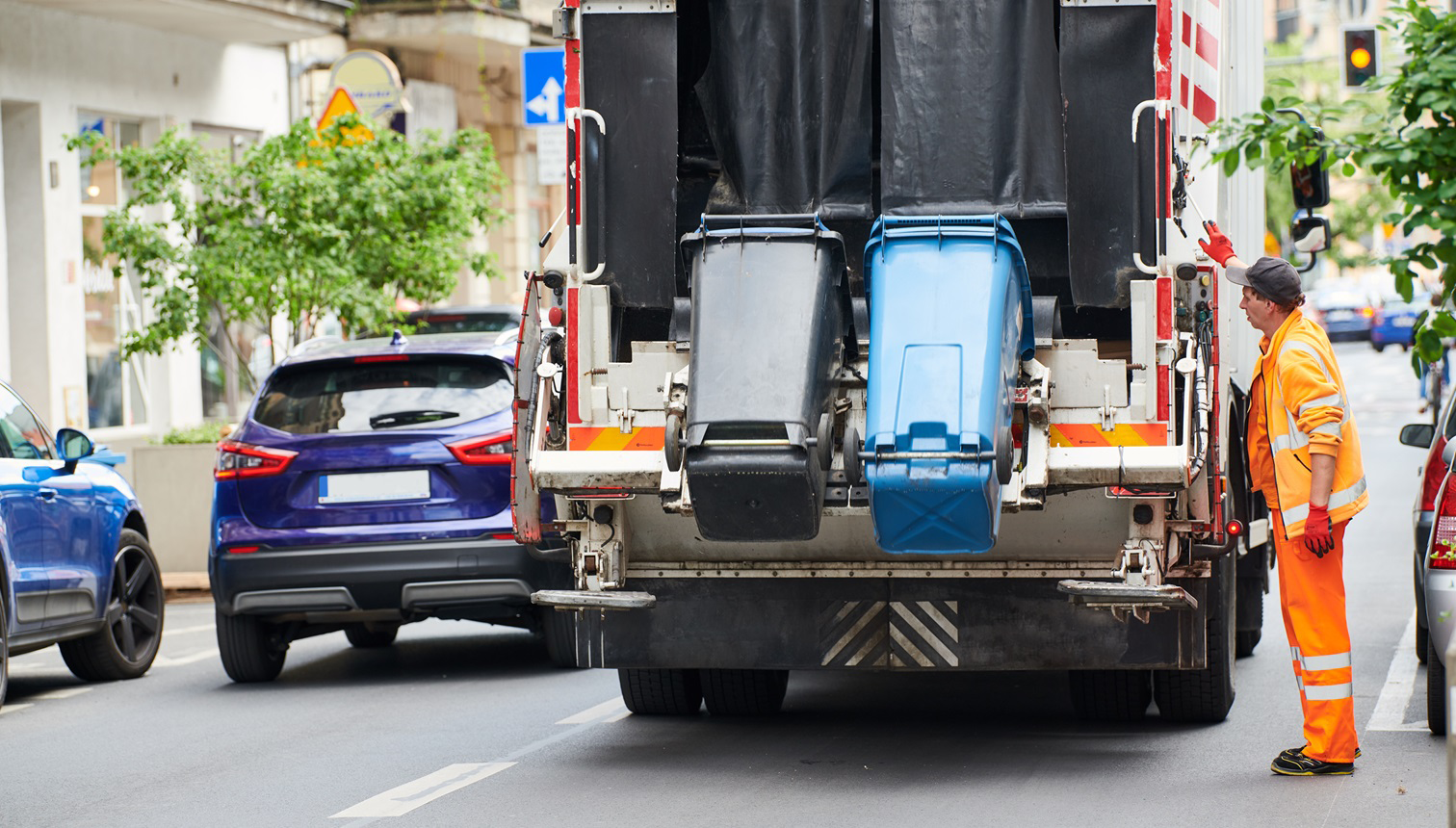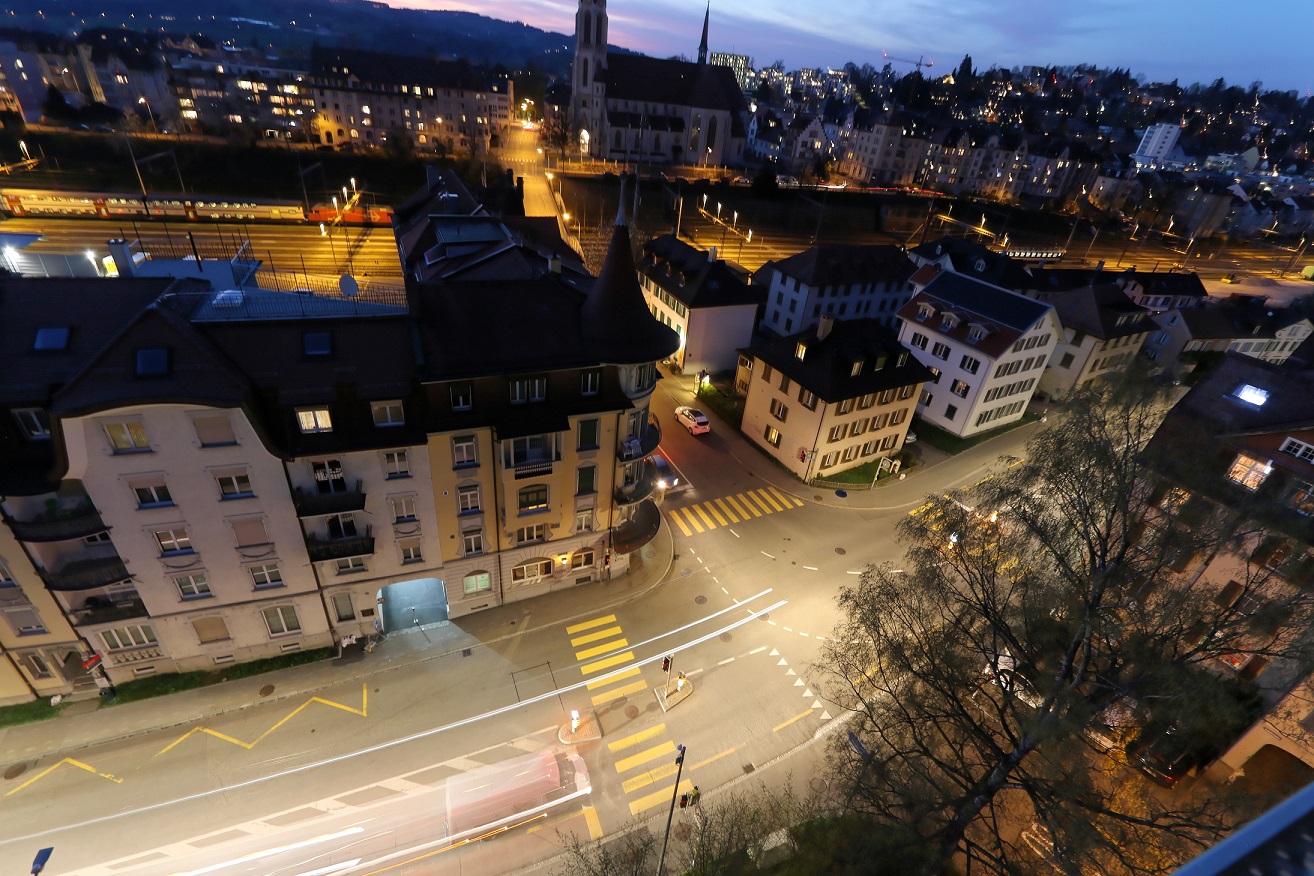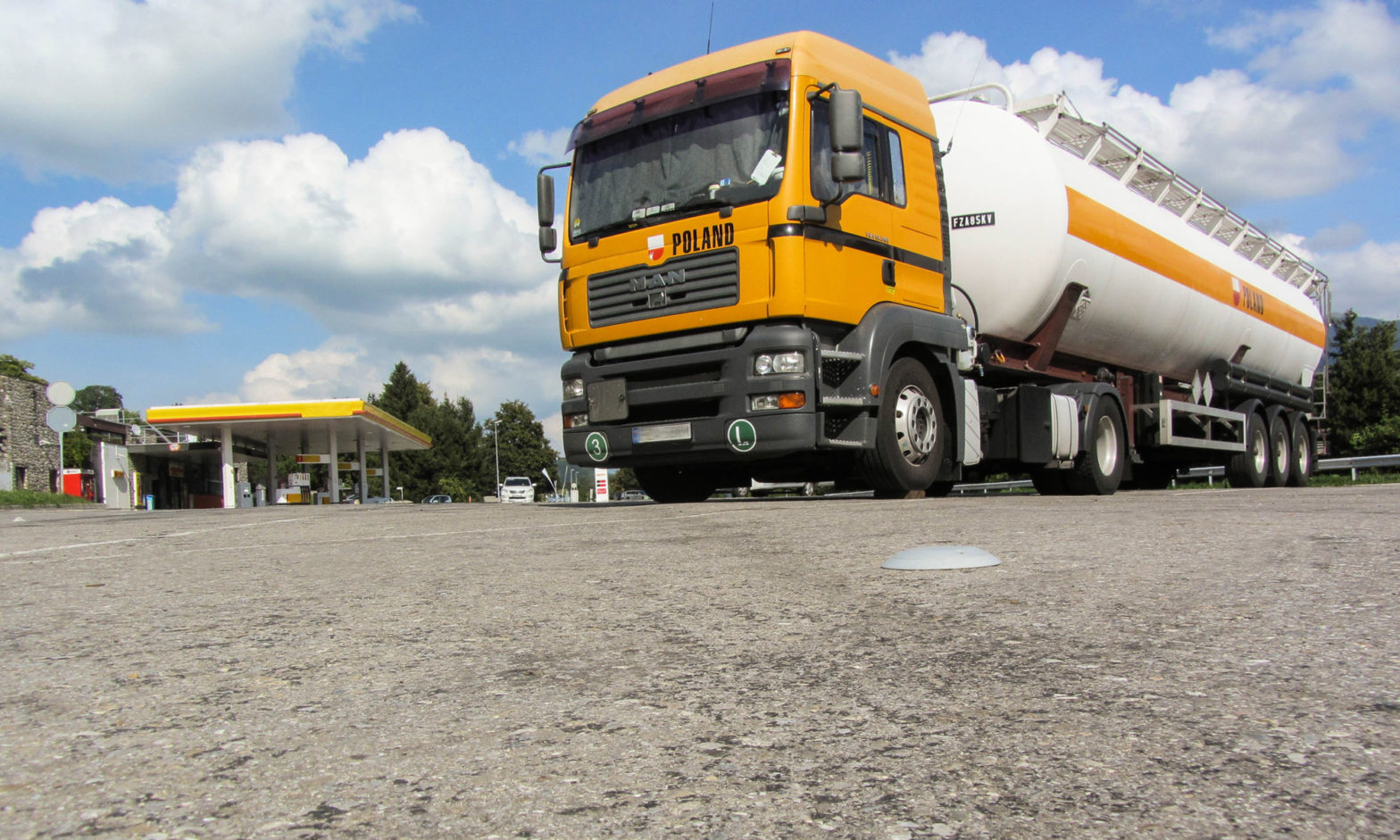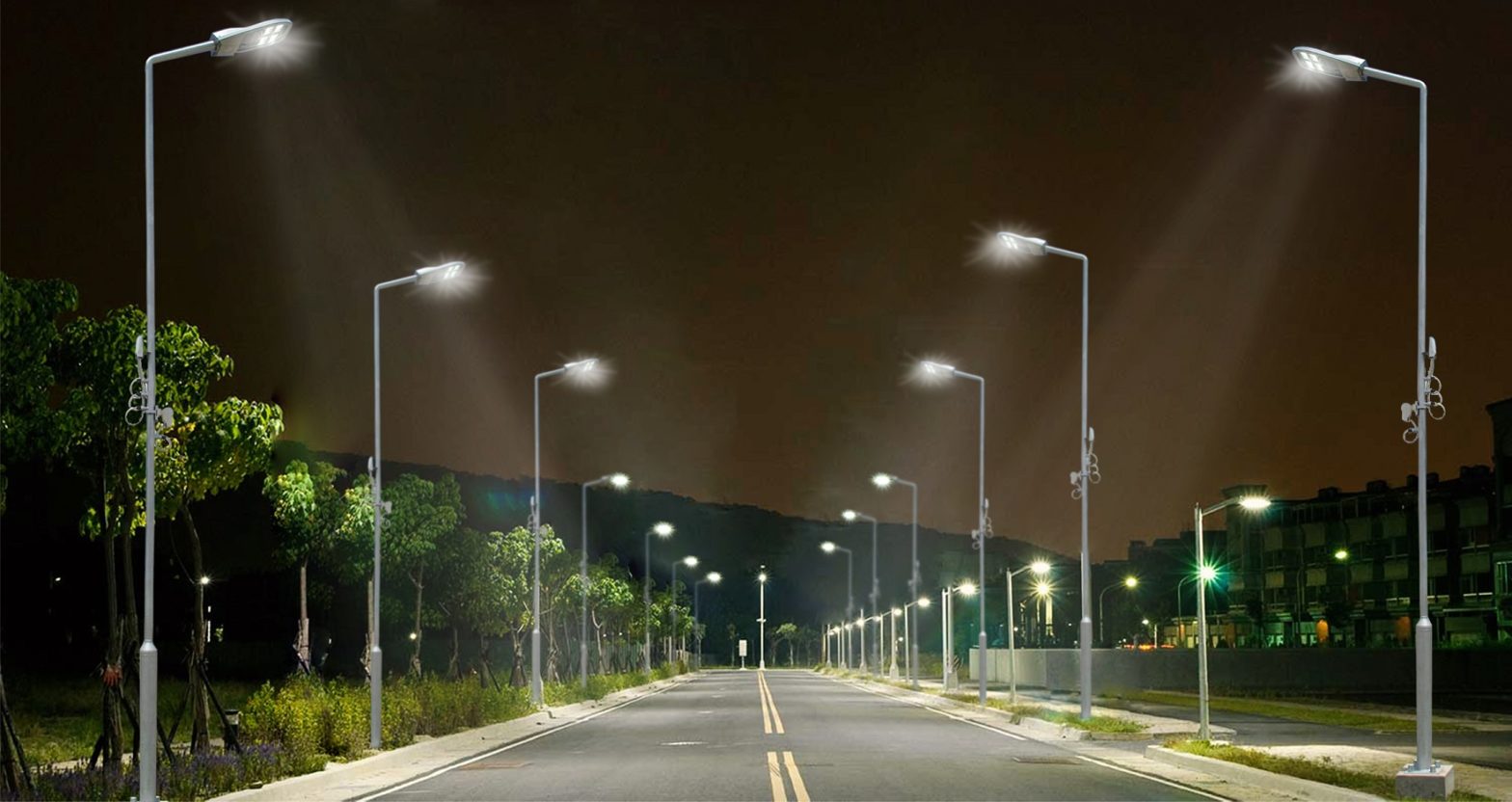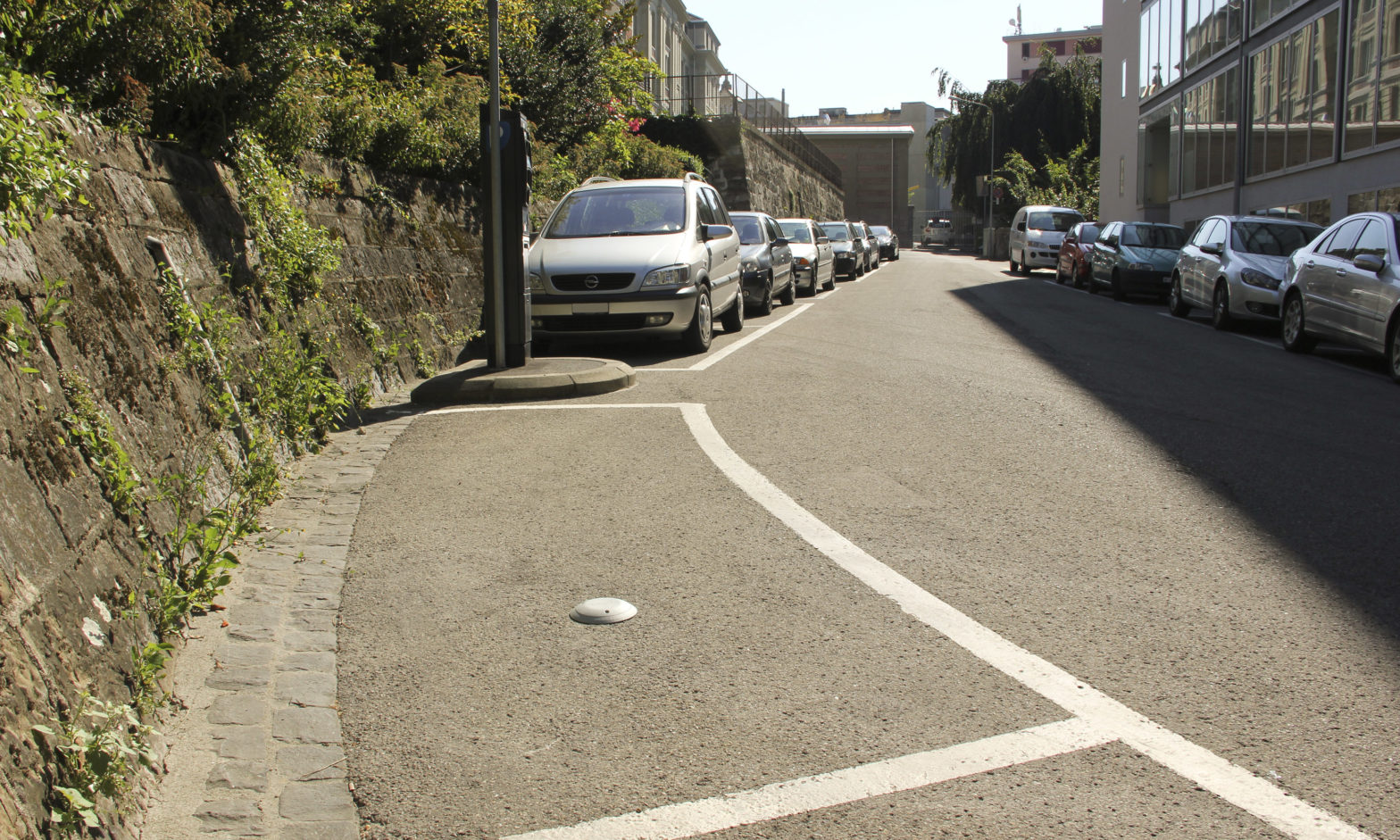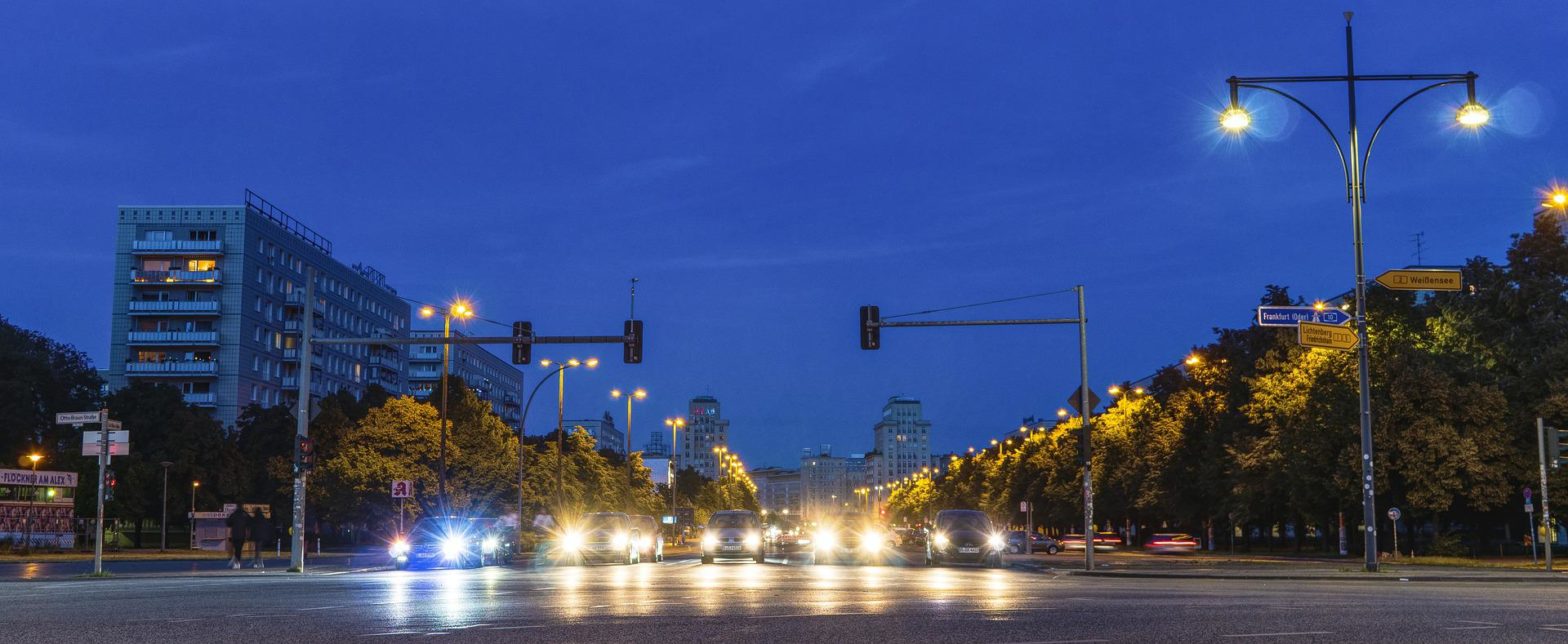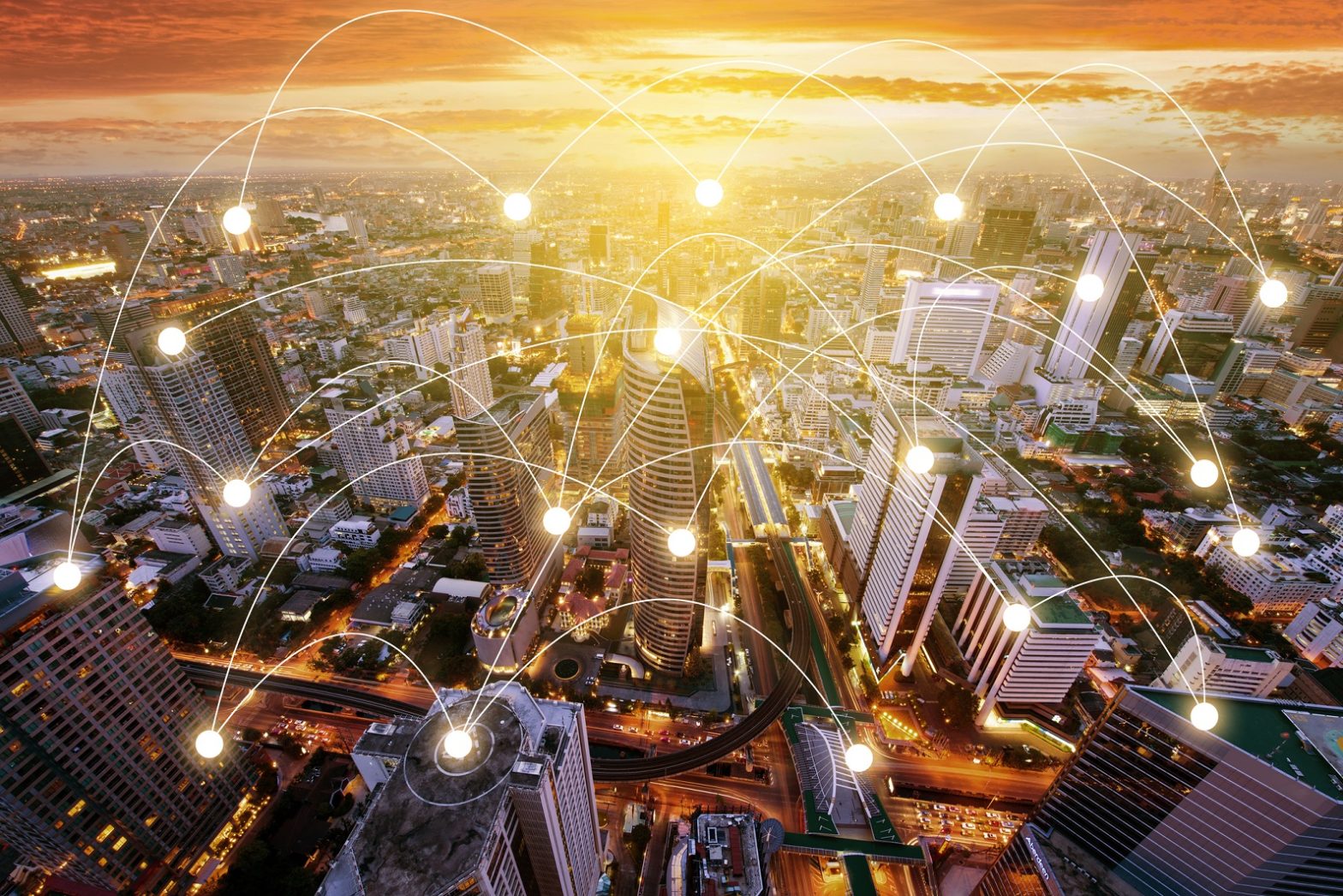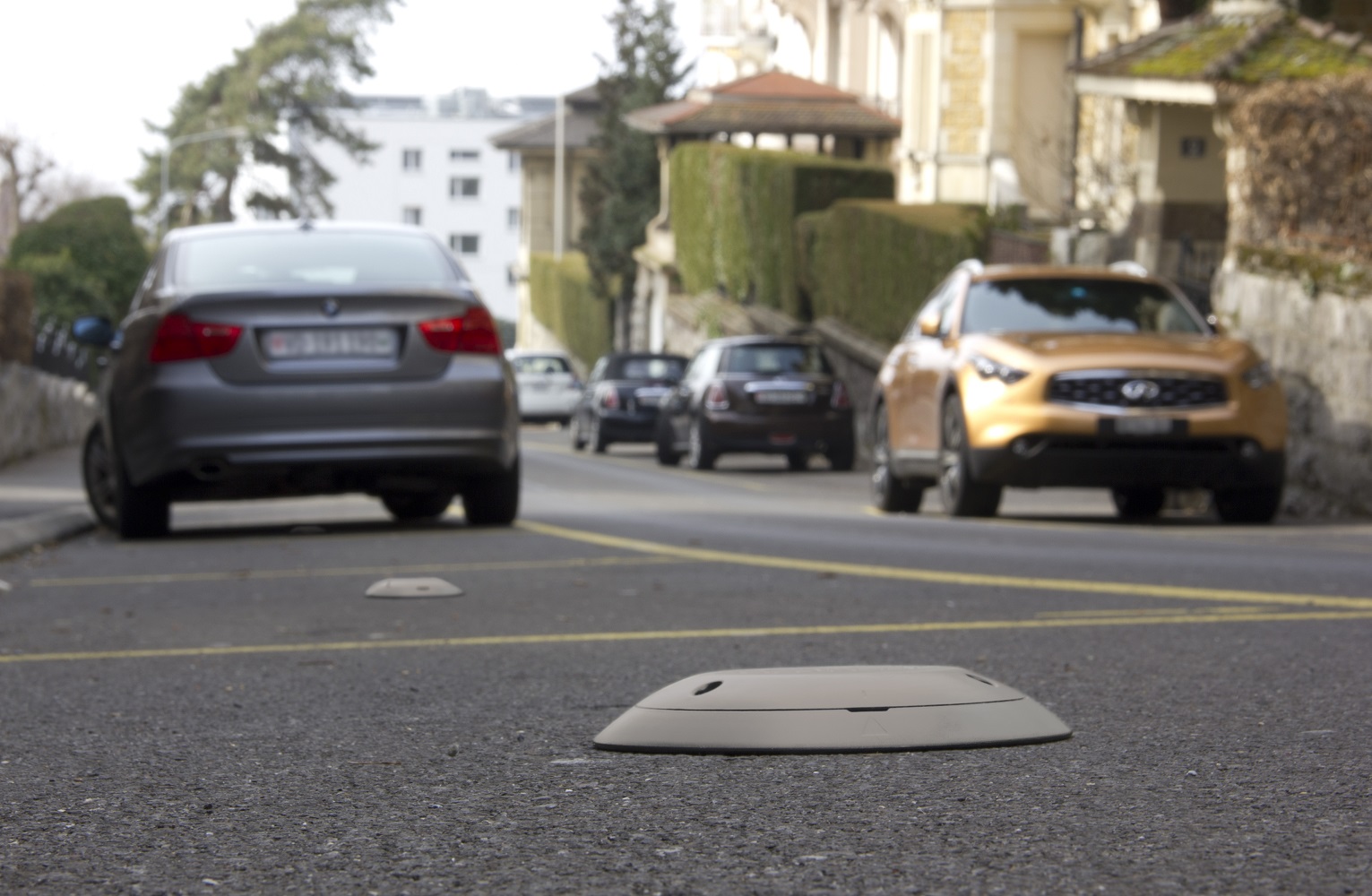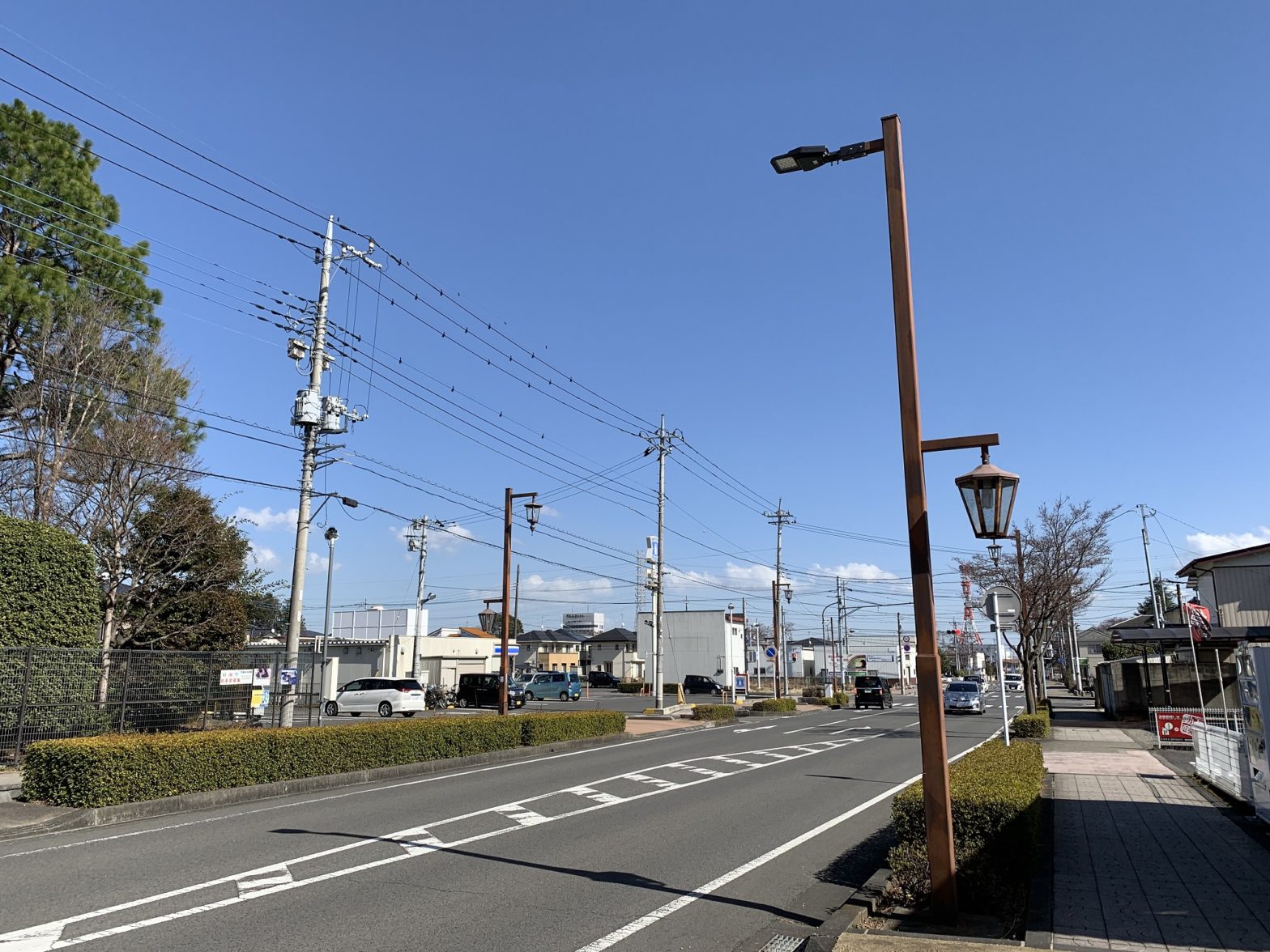
Photo: Paradox Engineering / MinebeaMitsumi Group
Climate-resilient cities with smart IoT technologies
27 July 2023
July 2023 will likely be Earth’s hottest month in hundreds if not thousands of years, according to NASA experts from the Goddard Institute for Space Studies, with persistent heat waves hitting the US and Europe.
Most US states are experiencing burning temperatures. Nearly a third of Americans – about 113 million people – are currently under heat advisories, and the National Weather Service has urged people not to underestimate the risk to life. The situation is severe in Europe too and heat waves are repeatedly hitting southern countries, also pushing extreme weather and devastating fires. A recently published report attributed 61,000 deaths in Europe to its searing temperatures last summer.
As we know, heat waves are directly related to global warming and climate change. The scale of action required to avert worse consequences is wide and calls for governments’ commitment and extensive public and private investments. City managers are under stress too, as they are often on the front line when an unfortunate event happens and are also asked to contribute to prevention and risk mitigation.
Smart technologies can play a role in climate-resilient cities. Generally speaking, the Internet of Things enables sentient urban networks with a more accurate tracking of power consumption and natural resources use, thus enabling data-driven decisions to save energy, water, and related CO2 emissions.
More specifically, smart environmental sensors can be implemented to efficiently monitor parameters such as temperature, humidity, solar irradiance, air quality, and more. Having hyper-local environmental data allows cities to alert residents in case of upcoming heat waves in summer, snow or ice storms in winter, or any other unfortunate condition.
Smart pyranometers in Nasushiobara, Japan
In Japan, smart cities are gaining momentum: as a resource-poor, disaster-prone country, with a growing ageing population, Japan has put energy efficiency and citizens’ wellbeing high on its political agenda and is looking at smart cities as a way to address both demands at the same time.
Nasushiobara, a city in Tochigi Prefecture, started to deploy smart technologies in 2020 with the primary objective to become a more sustainable and more livable city for its residents, using data to effectively access and manage its resources. MinebeaMitsumi’s Smart City Solution was the technology of choice.
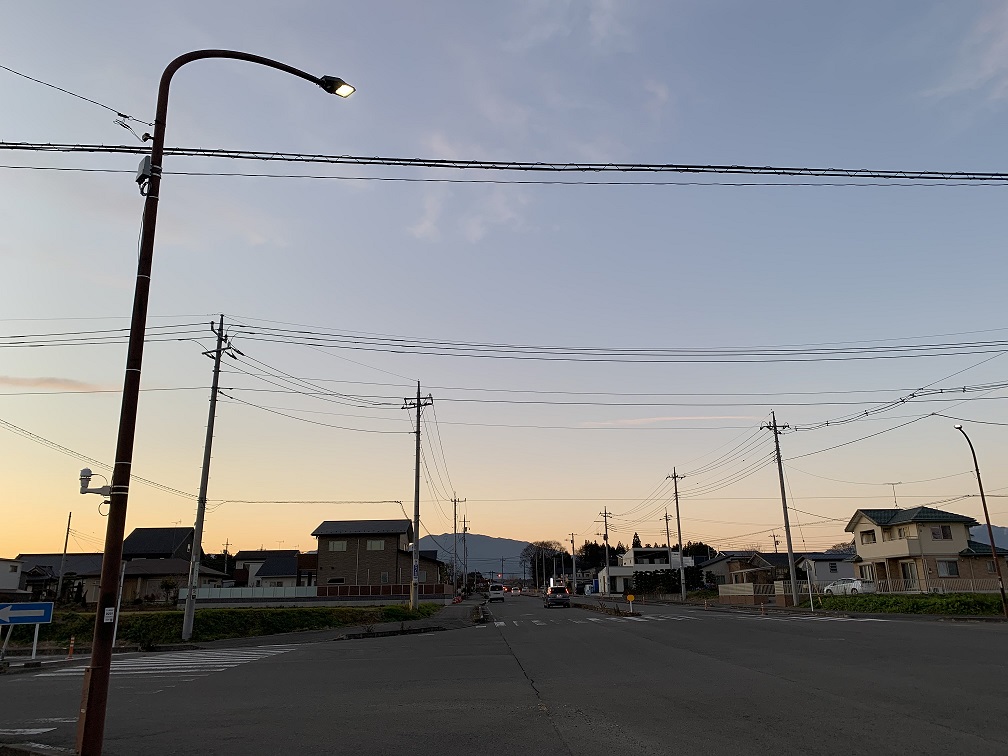
The city implemented 30 pyranometers and 10 smart environmental sensors to monitor sun irradiation levels and weather conditions, alerting authorities and citizens when solar irradiance reached levels that could provoke heatstroke.
Data was also used to adjust the accuracy of photovoltaic output forecast in order to predict and manage fluctuations in the energy supply from solar panels, improving energy efficiency.
Smart devices are installed on streetlight poles: the city had previously decided to deploy about 400 smart LED streetlights and equip them with wireless dimming control technology. By applying this dimming technology, the energy consumption linked to streetlights was greatly reduced, which in turn contributed to a decrease in CO2 emissions.
Nasushiobara is now planning to add cameras and rain gauges to the streetlight poles to monitor the road conditions during heavy rain, and act if/when needed in order to prevent hazardous situations and increase road safety. Driven by the quest for climate resiliency, other cities across Japan are following Nasushiobara’s example and installing MinebeaMitsumi’s Smart City Solution.
About Paradox Engineering
Established in 2005 and headquartered in Switzerland, Paradox Engineering is the Internet of Things (IoT) Excellence Centre of MinebeaMitsumi Group. The company pioneers technologies to implement highly scalable IoT network solutions, from edge devices to management platforms, to control critical public services such as streetlighting, parking management, municipal waste collection, environmental monitoring, video surveillance, emergency response & critical asset monitoring. Thanks to intelligent technology solutions, Paradox Engineering strives to unleash opportunities for people and communities, helping the transition towards more liveable, sustainable, and smarter cities.
For further information, please visit https://www.pdxeng.ch




